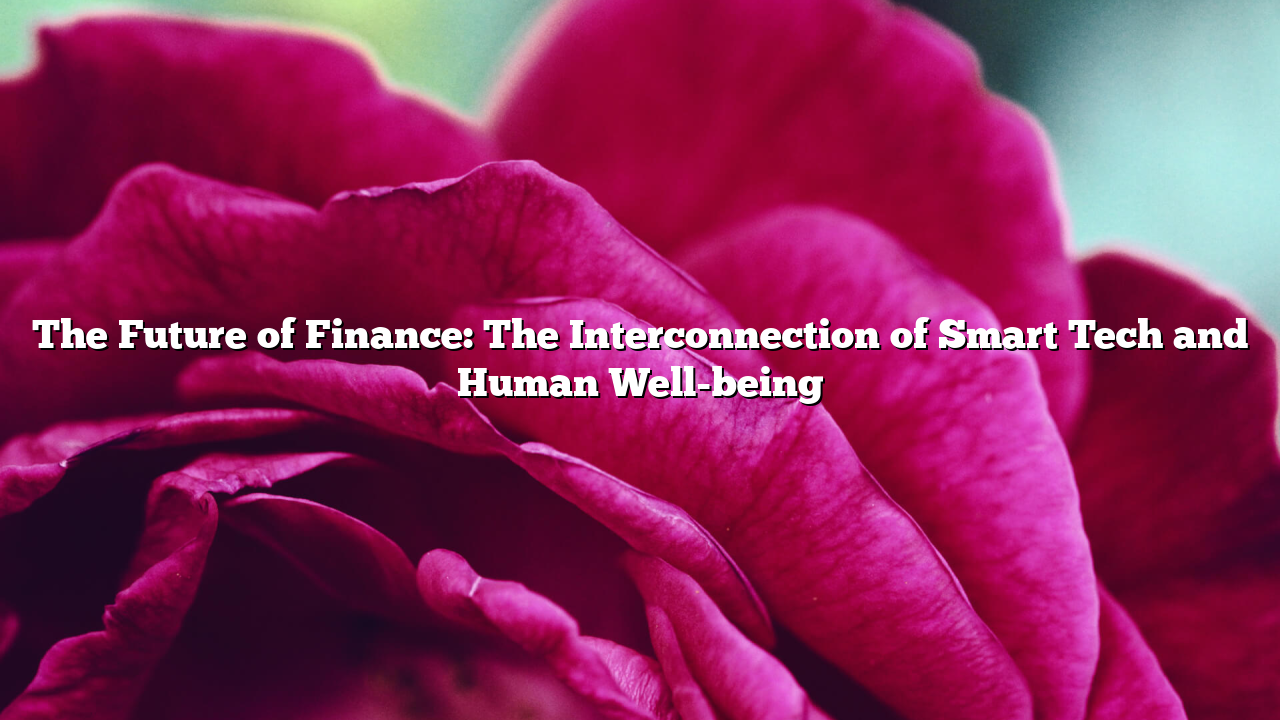As we move deeper into the 21st century, the integration of key sectors such as finance, health, AI, and tech is driving global innovation. Here we examine how these domains are interconnected and the impact they have on each other and our lives.
1. Financial Technology (FinTech): Revolutionizing the Economy
The innovation in financial services has disrupted traditional banking in numerous ways.
Consumers now expect fast access to their transactions. With crypto platforms like Venmo, financial transactions are instant.
Digital assets have grown as new financial instruments, offering global accessibility.
FinTech also enables automated investment tools. Platforms like Acorns use algorithms to help users make smart investment choices.
Meanwhile, businesses use FinTech for better budgeting. Predictive analytics tools analyze consumer behavior to improve profit margins.
2. Technology’s Impact on Healthcare
Digital innovations are revolutionizing healthcare delivery.
Wearables like Garmin track everything from heart rate to stress levels. This empowers users to make informed decisions.
Remote diagnosis has made healthcare more accessible. Over recent years, patients and doctors embraced virtual appointments via Zoom.
AI-powered diagnostics help physicians detect diseases faster and more accurately. Tools like Google’s DeepMind have shown significant advancements in cancer detection.
3. The Rise of Artificial Intelligence Across Industries
Artificial Intelligence (AI) is now part of everyday business. It plays a pivotal role in sectors ranging from e-commerce to aerospace.
In finance, AI helps with algorithmic trading. Cognitive computing systems analyze large volumes of transactions to detect anomalies in real-time.
In healthcare, AI enhances drug discovery. Researchers use AI to simulate drug reactions. This reduces time and costs in bringing life-saving drugs to market.
In technology, AI drives autonomous vehicles. Self-driving cars from Tesla use AI to navigate roads. Slot gacor like Google Assistant, making everyday life easier.
4. Smart Health and Intelligent Finance: The New Synergy
There’s a growing link between financial stability and health.
Economic insecurity often lead to anxiety, which in turn weakens the immune system. Conversely, strong financial planning leads to better living conditions.
Apps now combine financial advice with health metrics. For example, platforms like Lark Health reward healthy behaviors.
Insurance companies also use tech to adjust premiums based on lifestyle choices. This incentivizes exercise and helps reduce claims.
5. Challenges and Ethical Considerations
While the advancements are impressive, there are important challenges.
Cybersecurity is a key concern. As users share more personal information, companies must ensure encryption.
There are also concerns about unequal access. If AI systems are trained on biased data, they can produce inaccurate outcomes.
Moreover, overreliance on technology may create dependency. For example, if people fully trust AI financial advisors, they may miss important market nuances.
6. The Road Ahead: Innovation with Responsibility
As we advance, the intersection of finance, tech, AI, and health will deepen.
Global institutions must collaborate to ensure ethical innovation. Education is crucial—people need to understand both the risks of emerging technologies.
Cross-disciplinary professionals will become the norm. Tomorrow’s leaders must navigate a world where money, machines, minds, and medicine intersect.
—
Conclusion
The blending of finance, technology, intelligence, and health is not just a trend—it’s a new reality.
Whether it’s virtual clinics offering global care, these innovations drive progress.
But with great power comes a duty to protect rights. It’s up to tech leaders and individuals alike to ensure that no one gets left behind.
